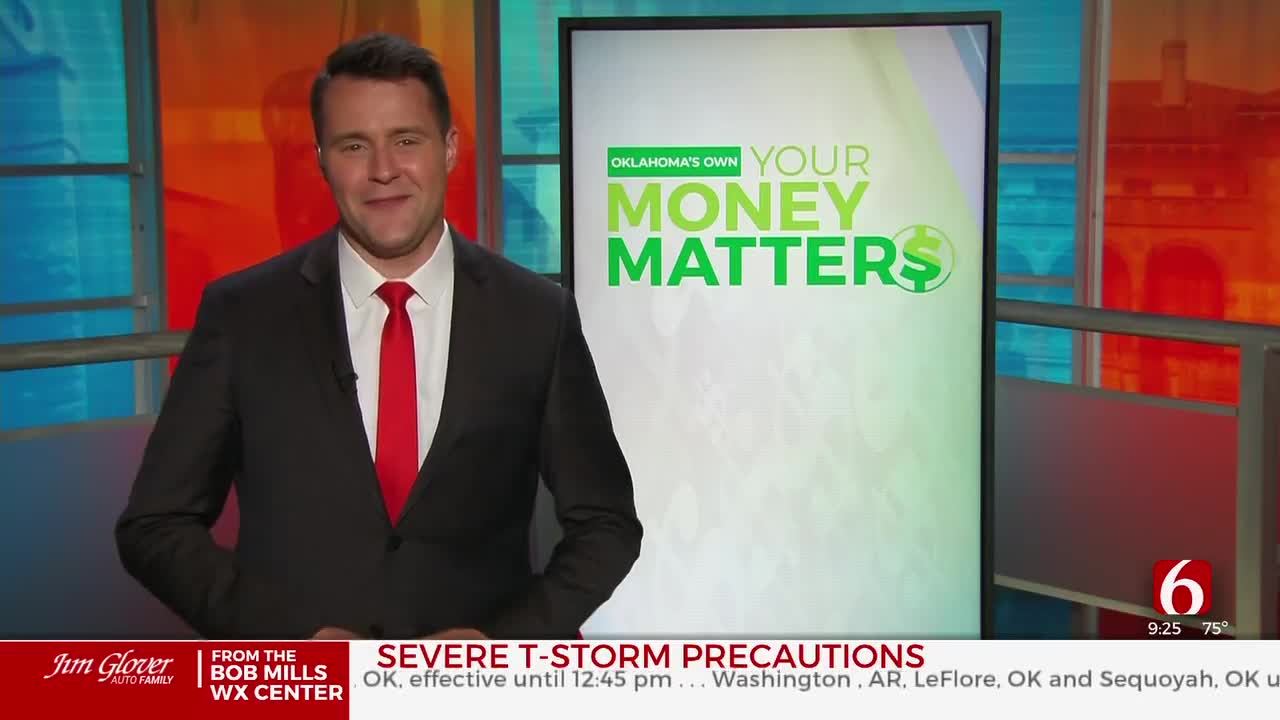Your Money Matters: How To File A Claim To Get $2,500 From A Cash App Settlement
Cash App customers may be able to claim more than $2,500 each as part of a $15 million class-action settlement for data and security breaches at the mobile payment service.Saturday, August 17th 2024, 10:04 am
TULSA, Okla. -
Cash App customers may be able to claim more than $2,500 each as part of a $15 million class-action settlement for data and security breaches at the mobile payment service.
People whose accounts were accessed without their authorization or who had fraudulent withdrawals or transfers can file claims, provided they had or currently have an account between August 23, 2018, and August 20, 2024, according to the settlement website.
The class-action pointed to a 2021 incident the company disclosed in 2022, in which a former employee downloaded reports of some U.S. users without permission. It also noted another breach, disclosed in 2023, where an unauthorized user accessed some Cash App accounts using phone numbers that were linked to them.
Plaintiffs also alleged that Cash App and Block, the app's parent company, failed to install controls to block unauthorized users and that the company then mishandled customer complaints about the security breaches and fraudulent transactions.
Cash App and Block also agreed to take steps toward strengthening data security as part of the settlement.
Cash App and Block have denied any wrongdoing. But to settle the litigation, they agreed to pay $15 million. Beyond attorneys fees and administration costs, that money will go to impacted customers who submit eligible claims.
How to file a Cash App claim
Customers can file a claim at this site. You'll either need to enter a notice ID and confirmation code from a mailed or emailed notice, or you can file a claim if you haven't received such a notice.
What if I have more than one Cash App account?
The settlement website says that each claimant should only submit one claim form. If you have multiple accounts, you should list your $Cashtag identifier — which is the unique username created for each account — and information about your claims on one claim form.
What is the deadline for filing a Cash App claim?
Customers have until November 18 to file a claim under the settlement.
How much money can customers get in the settlement?
It's unclear for now because the amount will depend on how many people file claims.
However, people who were impacted by the data and security breaches may submit claims for up to $2,500 for reimbursement of out-of-pocket losses. They must have third-party documentation to back up their claim, according to the settlement website.
Out of pocket expenses can include:
- Costs for credit monitoring or identity theft insurance, requesting a credit report or a credit freeze
- Costs incurred from canceling a payment card or getting a replacement card
- Costs related to closing a bank account and opening a new bank account
- Overdraft fees that haven't been refunded
- Late or missed payment fees or charges that haven't been refunded
Customers can also claim for up to three hours of lost time, at a rate of $25 per hour, the site added.
Additionally, Cash App users can file a claim to get reimbursed for transaction losses. Those claims also require submitting documentation such as a copy of a police report.
What happens if the settlement fund can't fully pay every claim?
If there's not enough money in the settlement to pay every approved claim in full, payments will be made on a reduced pro rata basis.
What if I move after filing a claim?
The settlement website says people who change their mailing address after submitting a claim are responsible for alerting the claims administrator about their new contact information. To do that, you'll have to call 1-866-615-9740 or send your new address in writing to:
Cash App Security Settlement Administrator
1650 Arch Street, Suite 2210
Philadelphia, PA 19103
What other options do I have?
If you want to exclude yourself from the settlement, class members have the option to "opt out" before November 1. This allows you sue or be part of another related lawsuit against the defendants down the road. You can also object to the settlement agreement by writing to the court before November 1.
Finally, you also can choose to do nothing. But if you opt for no action, you will not get any payments and potentially also give up the right to pursue another lawsuit with claims covered in the settlement.
Is it safe to use payment apps?
Payment apps like Cash App, Zelle and Venmo can be convenient and safe, but they are also frequent targets of scammers and fraudsters, which is why the American Bankers Association and others urge extra caution around using them.
Scammers sometimes pretend to be someone you know and say they need money for an emergency, or claim to want to send you a prize or payment, as long as you send them money first, the Federal Trade Commission says. But once you send someone money through a payment app, it's almost impossible to get the funds back, the ABA cautions.
It's safest to confirm that you know to whom you're sending money, and avoid clicking on any links in unexpected emails, texts or message requests.
— With reporting by the Associated Press.
More Like This
December 13th, 2024
December 13th, 2024
December 13th, 2024
Top Headlines
December 13th, 2024
December 13th, 2024
December 13th, 2024
December 13th, 2024









